On May 28, 2025, the U.S. Court of International Trade (CIT) ruled in V.O.S. Selections, Inc. v. United States that President Trump exceeded his authority under the International Emergency Economic Powers Act (IEEPA) by imposing broad tariffs, including the “Liberation Day” tariffs targeting imports from numerous countries.
The court found that the IEEPA did not grant the president the power to unilaterally impose such tariffs, emphasizing that regulating international commerce is a congressional prerogative. Consequently, the court vacated these tariffs and issued a permanent injunction against their enforcement.
Appeals Court Reinstates Tariffs Temporarily
The following day, May 29, 2025, the U.S. Court of Appeals for the Federal Circuit granted a temporary stay of the CIT’s decision, allowing the contested tariffs to remain in effect while the appeals process unfolds. The appeals court’s brief order did not provide detailed reasoning but set deadlines for further submissions: plaintiffs must respond by June 5, and the government by June 9.
Economic and Political Implications
The legal back-and-forth has introduced significant uncertainty for businesses and the broader economy. Industry leaders express concerns over the unpredictability of trade policy, which complicates supply chain planning and investment decisions.
The Trump administration, however, remains steadfast in its protectionist trade agenda, exploring alternative legal avenues to sustain tariffs. Analysts warn that ongoing ambiguity could deter investment and prolong economic instability.
Also Read: Internet Safety for Children
Next Steps
The legal battle over President Trump’s tariff authority is ongoing. The temporary stay by the appeals court maintains the status quo, but the ultimate resolution will depend on the forthcoming legal arguments and decisions. Stakeholders across various sectors are closely monitoring the situation, given its significant implications for international trade and economic policy




